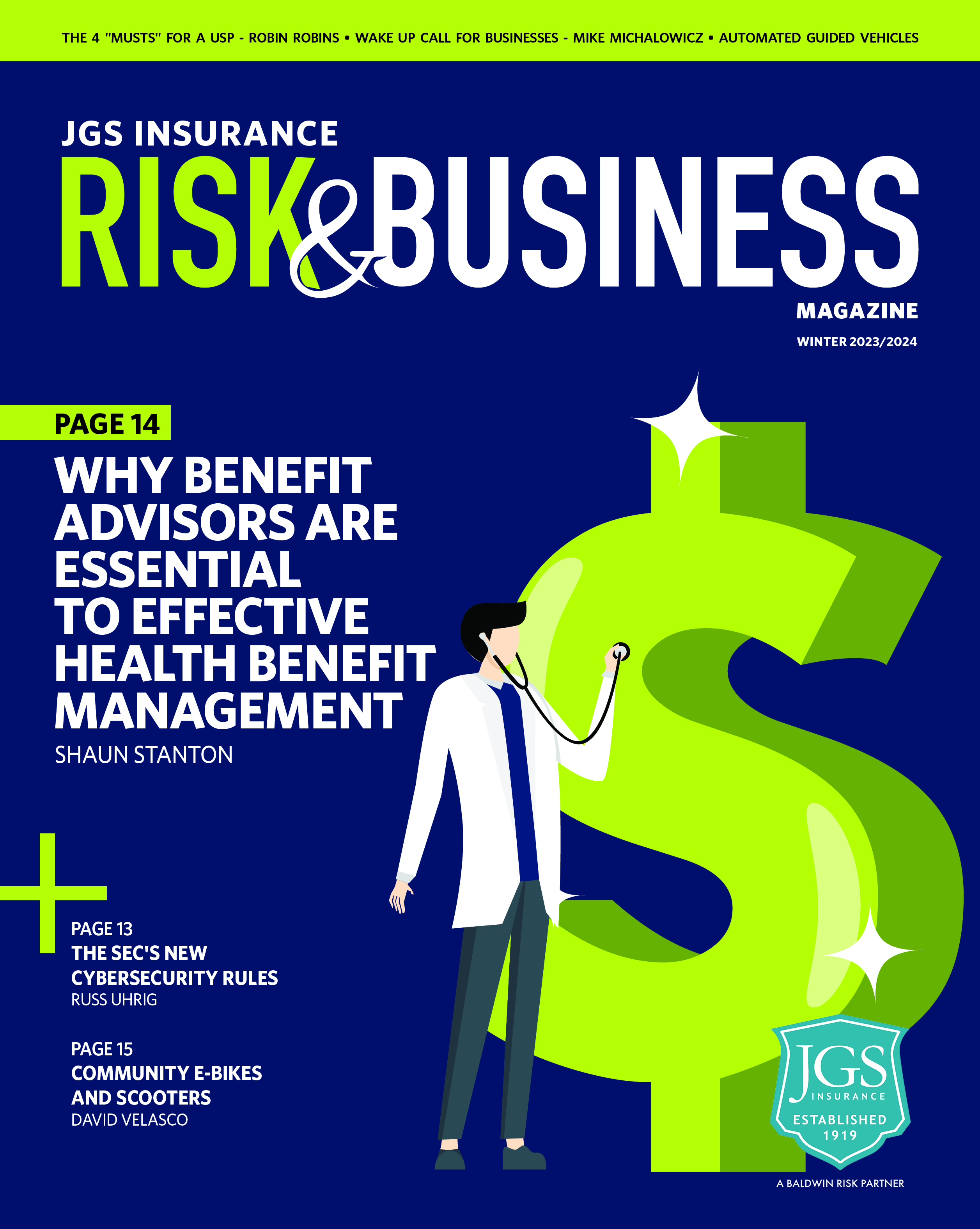Since being established as part of the Coronavirus Aid, Relief and Economic Security Act in March 2020, the Paycheck Protection Program (PPP) has been the subject of additional stimulus bills, legal guidance and interim final rules. In the latest development, Congress passed the Paycheck Protection Program Flexibility Act of 2020, which is a bill that provides borrowers with greater flexibility in spending PPP funds without compromising forgiveness eligibility.
President Donald Trump signed the bill into law on Friday, June 5, 2020. Below is new information and other resources that may be helpful for you and your business. Please contact us with any questions.
Paycheck Protection Program (PPP):
The President has signed into law a bill that gives employers more flexibility when using Paycheck Protection Program (PPP) funds and applying for loan forgiveness.
Following is a summary of the legislation’s main points:
- Loan repayment terms —The bill extends the minimum loan term for unforgiven PPP loans from two years to five years.
- Payroll costs vs. non-payroll costs — For forgiveness eligibility, the bill reduces the portion of PPP funds that must be spent on payroll costs from 75% to 60%, and raises the nonpayroll cost limitation from 25% to 40%.
- Covered period extension —The bill extends the covered period during which borrowers must spend the PPP funds to be eligible for forgiveness from eight weeks to 24 weeks from the date of origination of the loan.
- Payroll tax deferment —The bill permits borrowers to defer payroll taxes without being penalized while still remaining eligible for loan forgiveness.
- Extension of rehiring safe harbor —The bill extends the rehiring safe harbor by six months to provide borrowers with additional time to restore payroll levels or rehire employees without facing a reduction in the amount of forgiveness for which they are eligible. The original date was June 30, 2020, and the new date is December 31, 2020.
- Other provisions —The bill also provides loan forgiveness eligibility exemptions for borrowers that are not able to rehire an employee or a replacement. There are also exemptions for loan forgiveness eligibility for borrowers that are not able to return to the same level of business due to complying with COVID-19-related orders or circumstances.
- PDF: President Signs Bill Amending Paycheck Protection Program
FFCRA Tax Credits:
Eligible Employers may claim tax credits for qualified leave wages paid to employees on leave due to paid sick leave or expanded family and medical leave for reasons related to COVID-19 for leave taken beginning on April 1, 2020, and ending on December 31, 2020. Eligible Employers will claim the credits on their federal employment tax returns (e.g., Form 941, Employer’s Quarterly Federal Tax Return), but they can benefit more quickly from the credits by reducing their federal employment tax deposits. If there are insufficient federal employment taxes to cover the amount of the credits, an Eligible Employer may request an advance payment of the credits from the IRS by submitting a Form 7200, Advance Payment of Employer Credits Due to COVID-19.
For more detail on the refundable tax credits and the procedures to receive payment of the advance credit, refer to the document below or to the IRS website.
PCORI Fee:
The Affordable Care Act (ACA) imposes a fee on health insurance issuers and plan sponsors of self-insured health plans (including FSA and HRA) to help fund the Patient-Centered Outcomes Research Institute (PCORI Fee). This fee was scheduled to expire for plan years ending on or after October 1, 2019, but as with all aspects of the ACA, change has become the norm and the PCORI fee has been extended for an additional 10 years. These fees will now continue to apply until 2029. These fees are due each year by July 31 of the year following the last day of the plan year. You will need to complete and file your IRS Form 720 (Quarterly Federal Excise Tax Return). For additional information, refer to the document below or to the IRS website.
